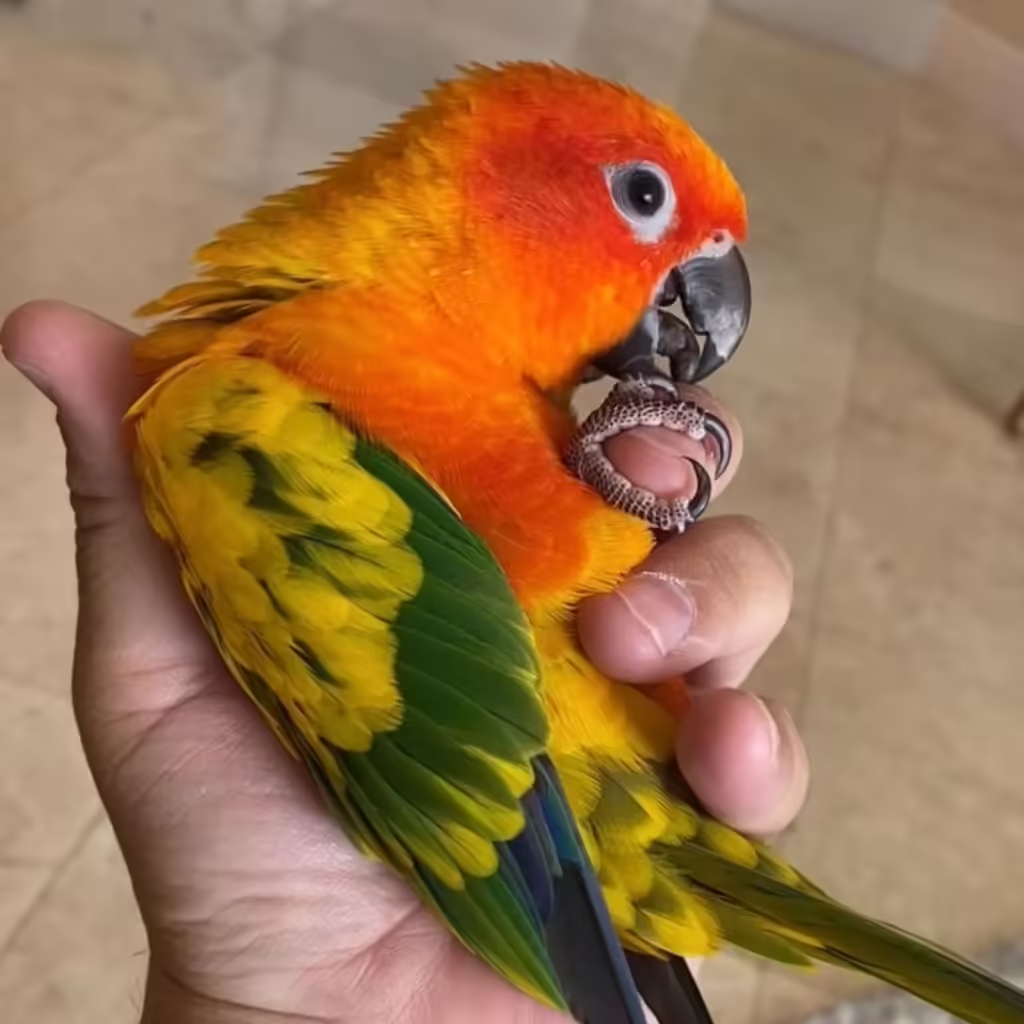
Parrots are known for their vibrant colors, playful behavior, and impressive intelligence. As pet owners, we strive to give them the best care, and diet plays a significant role in their well-being. With their curiosity and love for variety, parrots often enjoy a range of fruits. But can parrots eat apricots? Let’s delve into this topic to ensure your parrot stays happy and healthy.
Also Read: Can Parrots Eat Asparagus Raw?
Nutritional Value of Apricots
Apricots are small fruits that pack a punch when it comes to nutrition. They are loaded with:
- Vitamin A: Supports eyesight, immune system, and skin health.
- Vitamin C: Boosts the immune system and acts as an antioxidant fo the body.
- Fiber: Promotes healthy digestion.
These nutrients are beneficial not only to humans but also to parrots when provided in appropriate amounts.
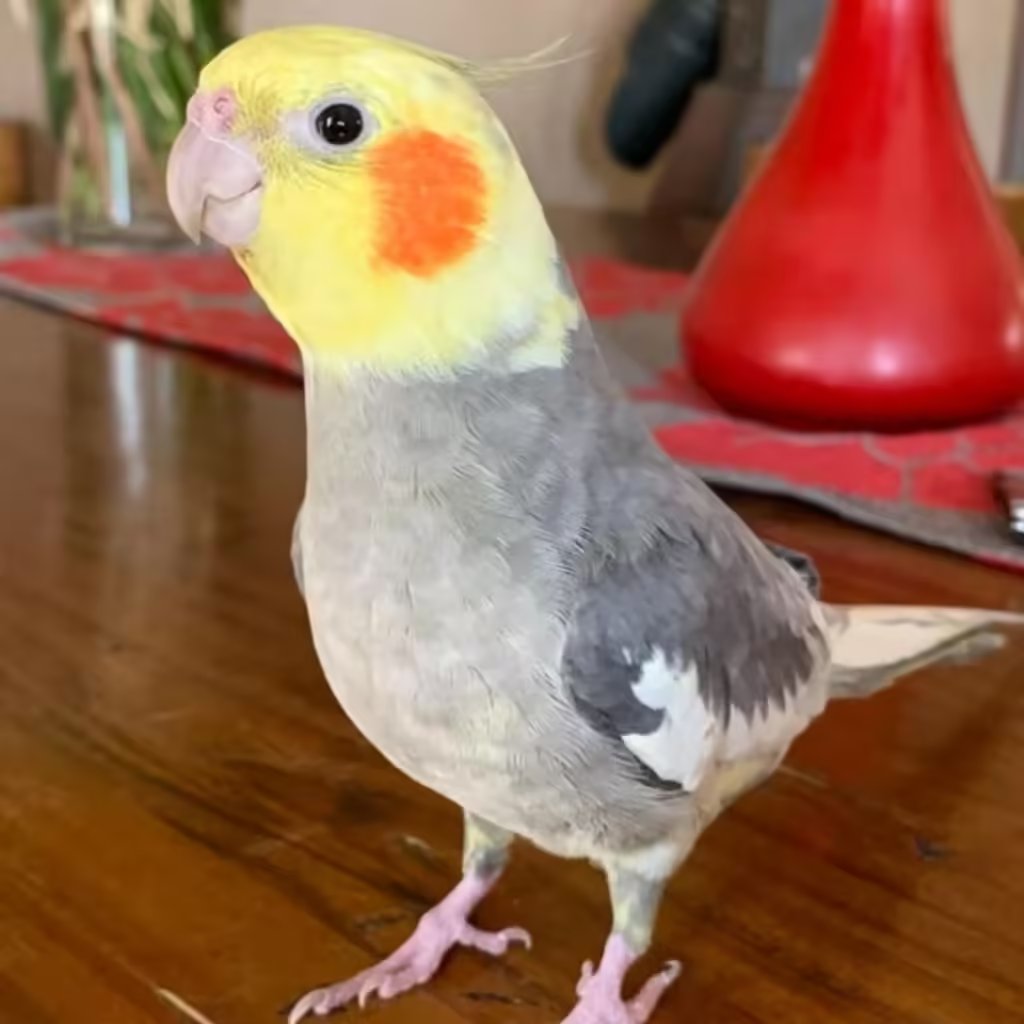
Benefits of Apricots for Parrots
When fed correctly, apricots can offer several health benefits to parrots:
- Improved Feather Quality: Vitamins A and C contribute to vibrant, healthy feathers.
- Boosted Immunity: Vitamin C strengthens the immune system, helping parrots fend off illnesses.
- Better Digestion: The fiber in apricots aids in smooth digestion and prevents constipation.
- Heart Health: Potassium is important for maintaining a healthy heart.
These benefits make apricots a worthwhile addition to your parrot’s diet, provided you follow safety guidelines.
Safe Parts of Apricots for Parrots
Parrots can safely enjoy the flesh of apricots. This part of the fruit is juicy and sweet, making it a delightful treat. However, it’s important to remember that not all parts of the apricot are safe for parrots to consume.
Removing the Pit
The pit of the apricot contains cyanogenic compounds, which can release cyanide—a toxic substance. Always remove the pit before offering apricots to your parrot to eliminate this risk.
Avoiding Pit Fragments
Ensure there are no fragments of the pit mixed with the flesh. Even small pieces can be hazardous to your parrot’s health.
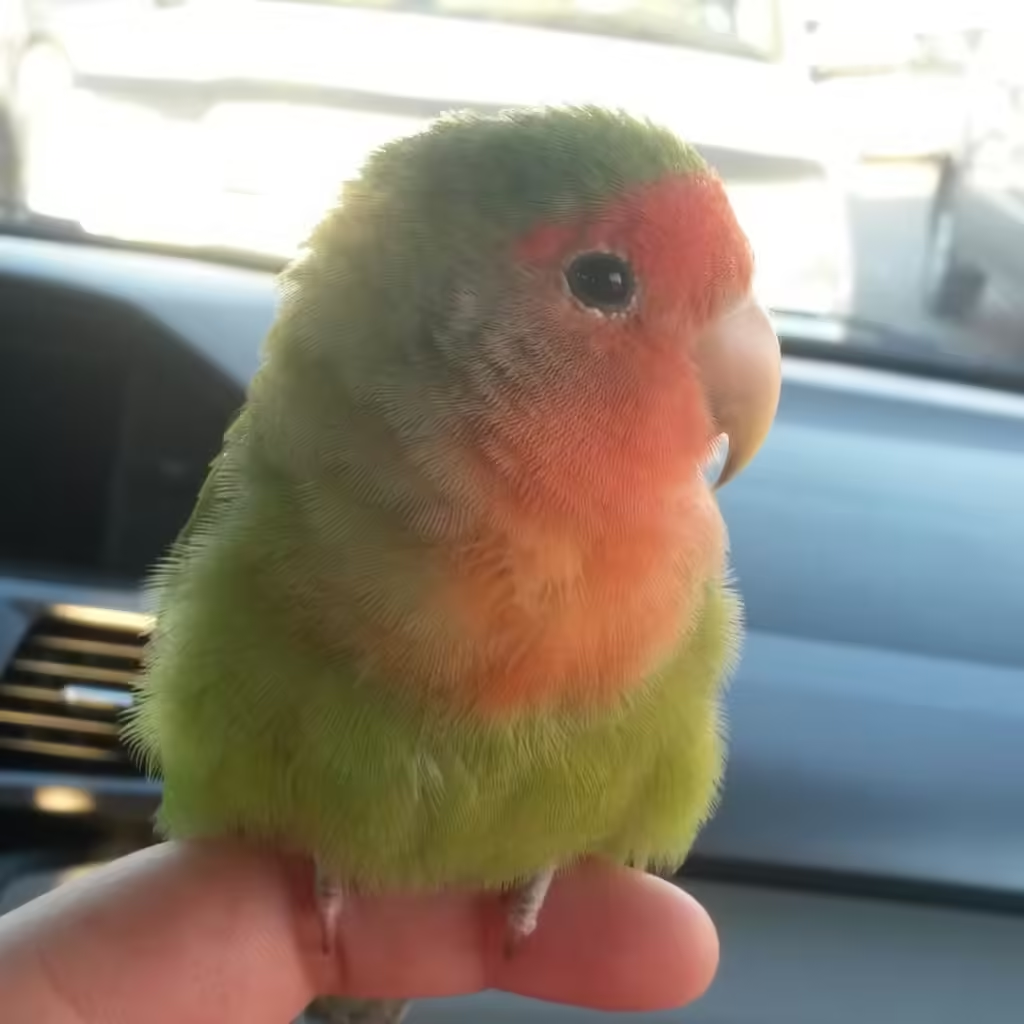
Risks of Feeding Apricots to Parrots
While apricots can be beneficial, there are potential risks to be aware of:
- Toxic Pits: As mentioned, apricot pits contain cyanide and can be extremely dangerous.
- Overfeeding: Too much apricot can lead to digestive issues or nutritional imbalances.
- Allergic Reactions: Though rare, some parrots might be allergic to apricots.
How to Prepare Apricots for Parrots
Proper preparation is key to ensuring apricots are safe for your parrot:
- Wash Thoroughly: Clean the apricot to remove pesticides or residues.
- Remove the Pit: Carefully take out the pit and discard it.
- Cut into Small Pieces: Slice the apricot into small, manageable pieces for your parrot.
By following these steps, you can safely include apricots in your parrot’s diet.
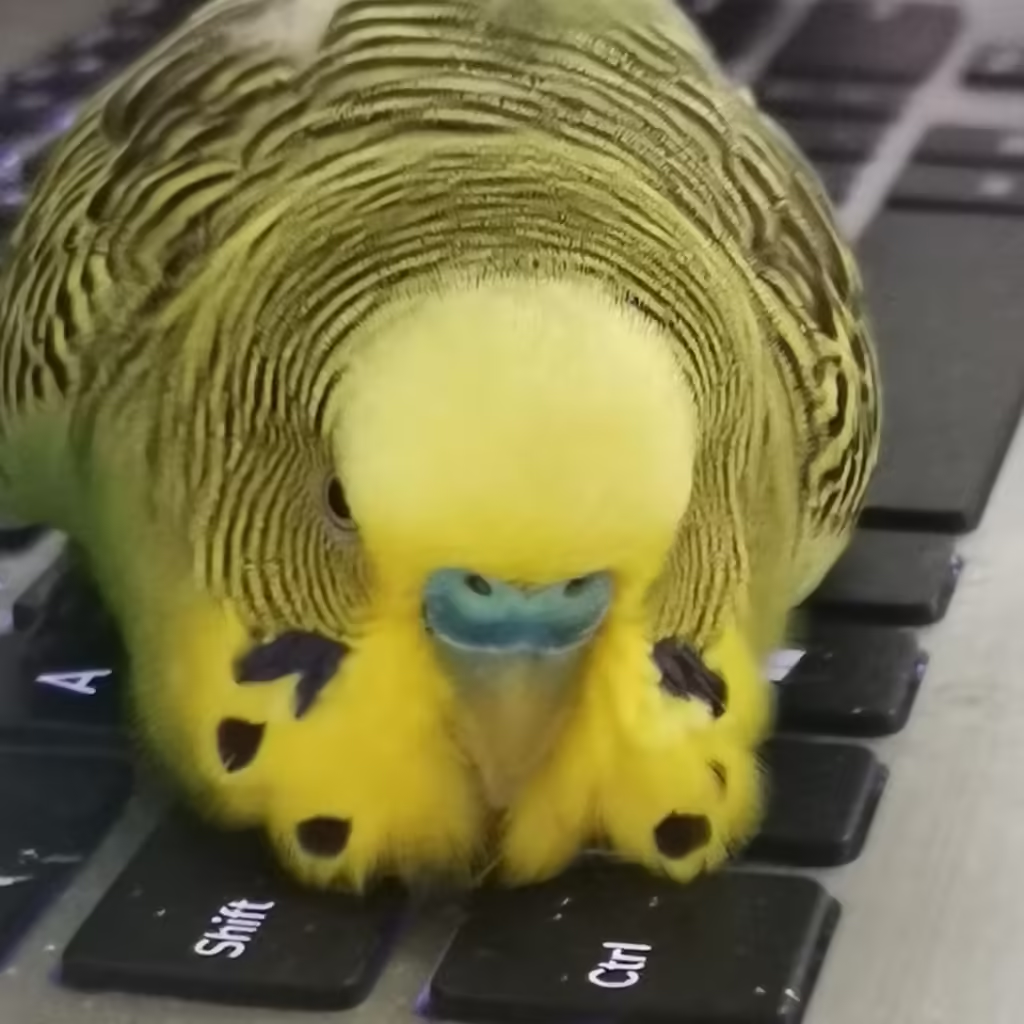
How Often Should Parrots Eat Apricots?
Moderation is crucial when feeding apricots to parrots. Offering a small piece of apricot once or twice a week is sufficient. This frequency ensures that your parrot enjoys the benefits without any negative effects.
Observing Your Parrot’s Reaction
After introducing apricots, observe your parrot for any changes in behavior or health. Look out for signs such as:
- Digestive Upset: Diarrhea or vomiting could indicate a problem.
- Behavioral Changes: Lethargy or hyperactivity might suggest an adverse reaction.
- Allergic Symptoms: Watch for signs of allergies, such as itching or swelling.
If you notice any of these symptoms, discontinue feeding apricots and consult your veterinarian.
Alternatives to Apricots for Parrots
Variety is the spice of life, and this applies to your parrot’s diet as well. Other safe and nutritious fruits for parrots include:
- Apples (without seeds)
- Bananas
- Berries (strawberries, blueberries, raspberries)
- Mangoes
- Papayas
These fruits can provide similar nutritional benefits and keep your parrot’s diet interesting.
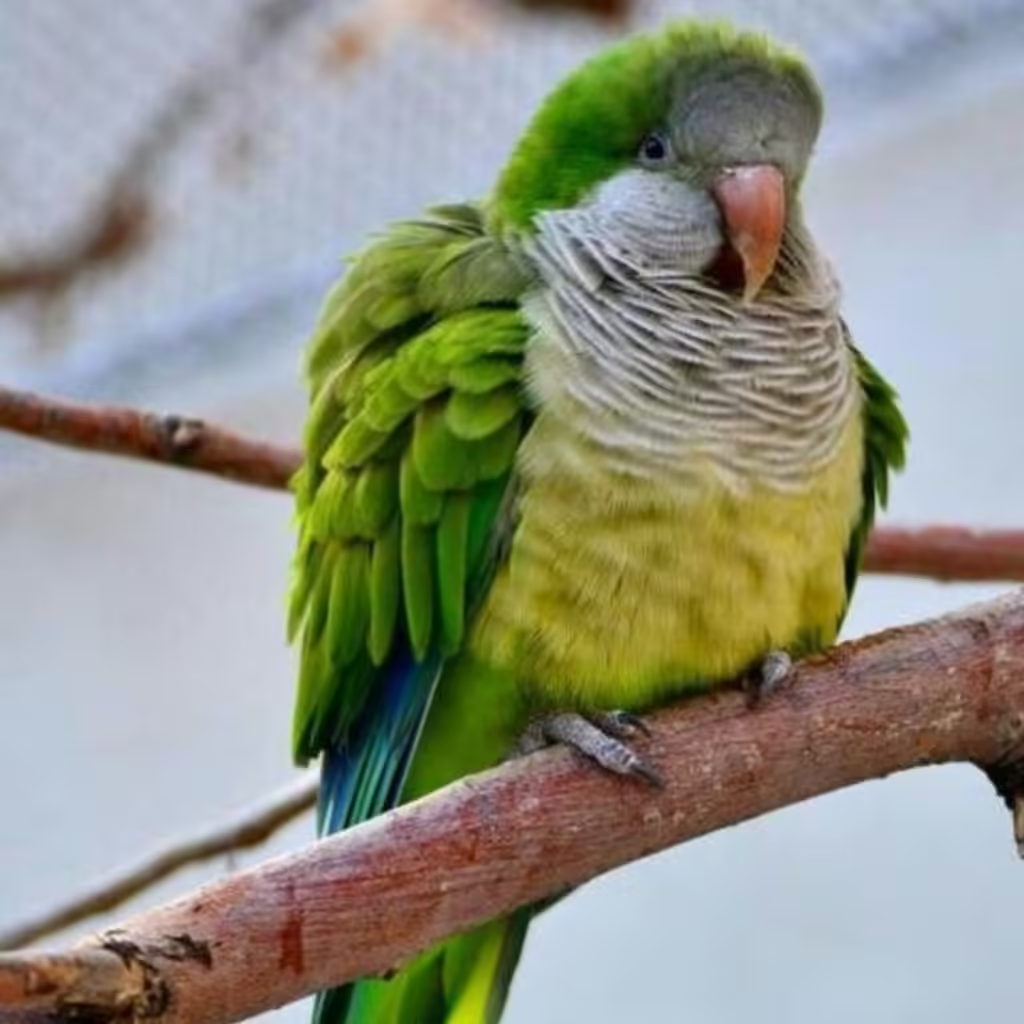
Balancing Your Parrot’s Diet
A well-balanced diet for parrots includes:
- Pellets: Form the basis of a nutritionally complete diet.
- Fresh Vegetables: Offer daily for essential vitamins and minerals.
- Fruits: Provide variety and additional nutrients but should be given in moderation.
- Seeds and Nuts: Treats that should be given sparingly due to high fat content.
By balancing these components, you can ensure your parrot receives all the necessary nutrients for a healthy life.
Conclusion
So, can parrots eat apricots? Yes, but with caution. The flesh of apricots can be a healthy and enjoyable treat for your parrot, provided you remove the pit and offer it in moderation. By following the guidelines in this article, you can safely add apricots to your parrot’s diet, enriching their nutritional intake and keeping them happy. Always observe your parrot’s reactions to new foods and consult a veterinarian if you have any concerns.
Also Read: Can Parrots Eat Apples Everyday?
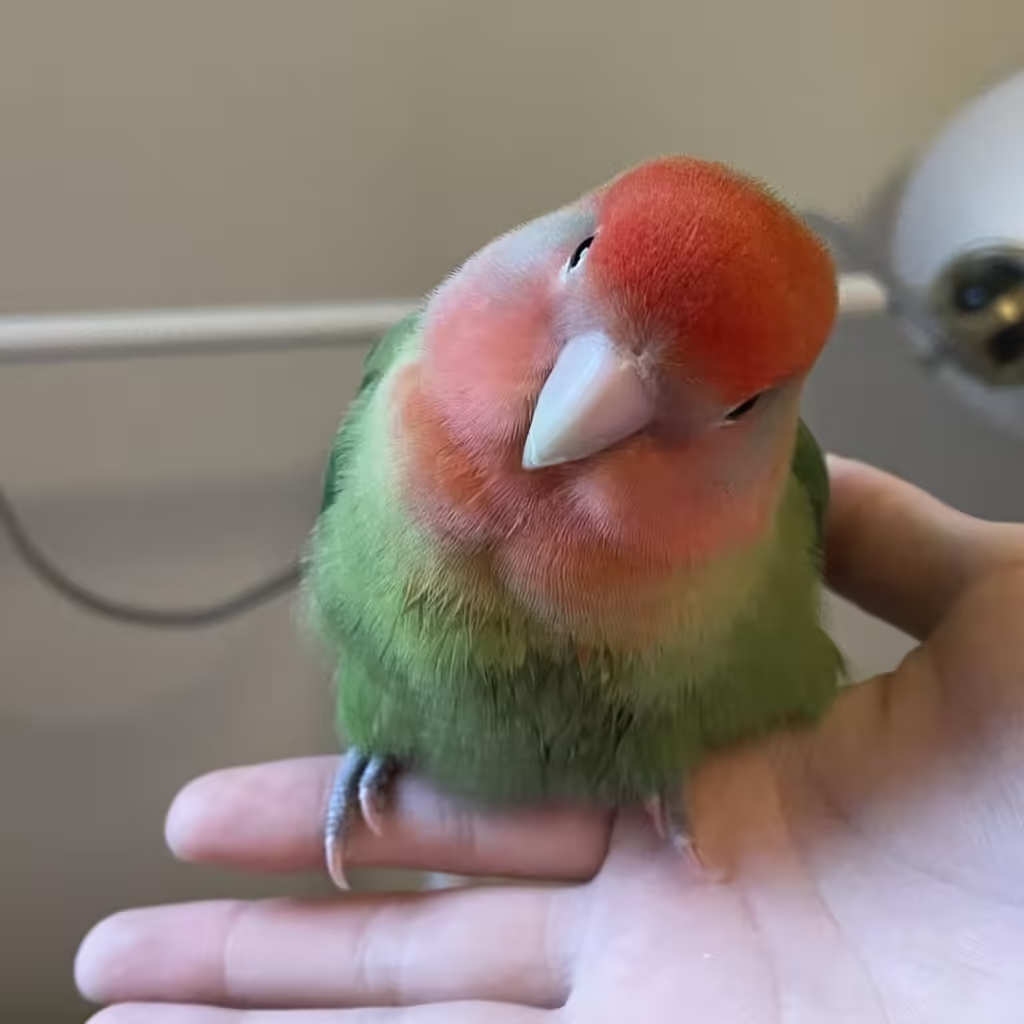
FAQs
Can parrots eat dried apricots?
Yes, but in moderation. Dried apricots are higher in sugar and can be harder for parrots to digest. Ensure they are free of added sugars and preservatives.
Are apricot leaves safe for parrots?
No, apricot leaves contain cyanogenic compounds that can be toxic to parrots. Stick to the fruit flesh only.
Can baby parrots eat apricots?
It’s best to introduce apricots to baby parrots once they start eating solid foods. Always start with small amounts and ensure the fruit is ripe and pit-free.
Pingback: Can Parrots Eat Aloe Vera? | Pet Care Sensei